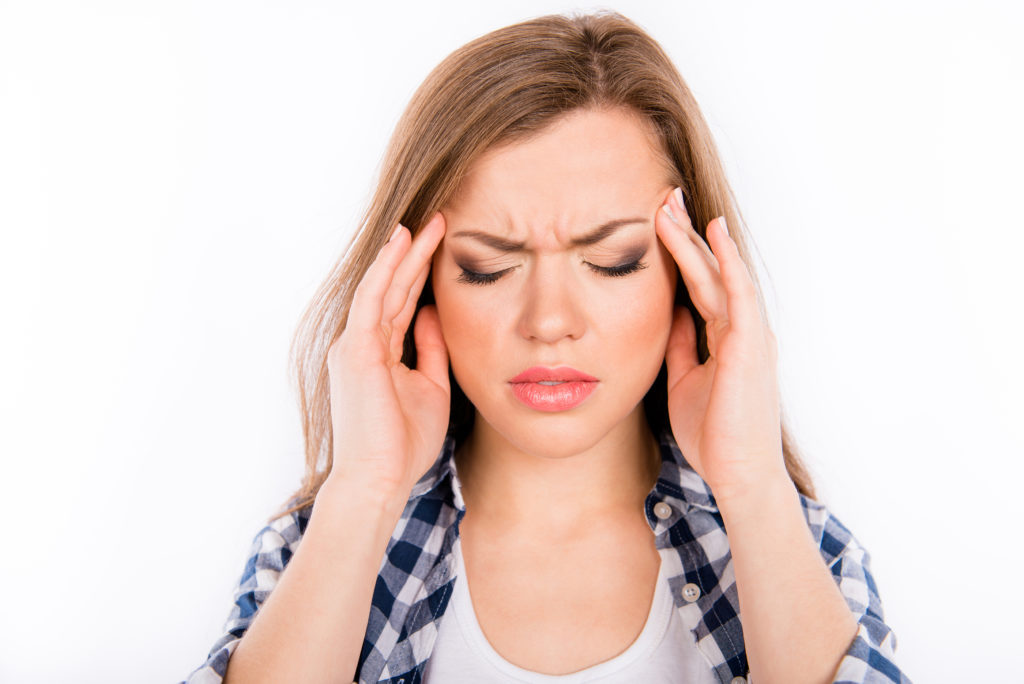

To improve symptoms, vestibular rehabilitation therapy as well as medications, such as meclizine (Antivert), have been found to be effective. Treatment options for vertigo can depend on the underlying cause. What’s more, 2016 research suggests that severe stress could increase your risk of stroke, which could potentially cause vertigo. Can stress cause vertigo?Īlthough stress doesn’t cause vertigo directly, it can worsen it. Read more about benign positional vertigo here. a sense that you or your surroundings are spinning or moving.Certain medications can cause vertigo, along with other symptoms like dizziness, hearing loss, and tinnitus, or a ringing in the ears.Īlthough benign paroxysmal positional vertigo can be bothersome, it’s rarely serious, except when it increases the chance of falling. Vertigo is a common symptom after a traumatic injury to the head or neck, especially if there is damage to the vestibular system. Migraine-induced vertigo can last minutes to hours. When excessive fluid builds up in the inner ear, the result can be sudden episodes of vertigo that last for several hours. A viral infection of the vestibular nerve, called vestibular neuritis or labyrinthitis, can cause intense, constant vertigo.

These episodes are triggered by a rapid change in head movement, such as a blow to the head. This is the most common cause of vertigo and creates an intense, brief sense that you’re spinning or moving. Benign paroxysmal positional vertigo (BPPV).


 0 kommentar(er)
0 kommentar(er)
